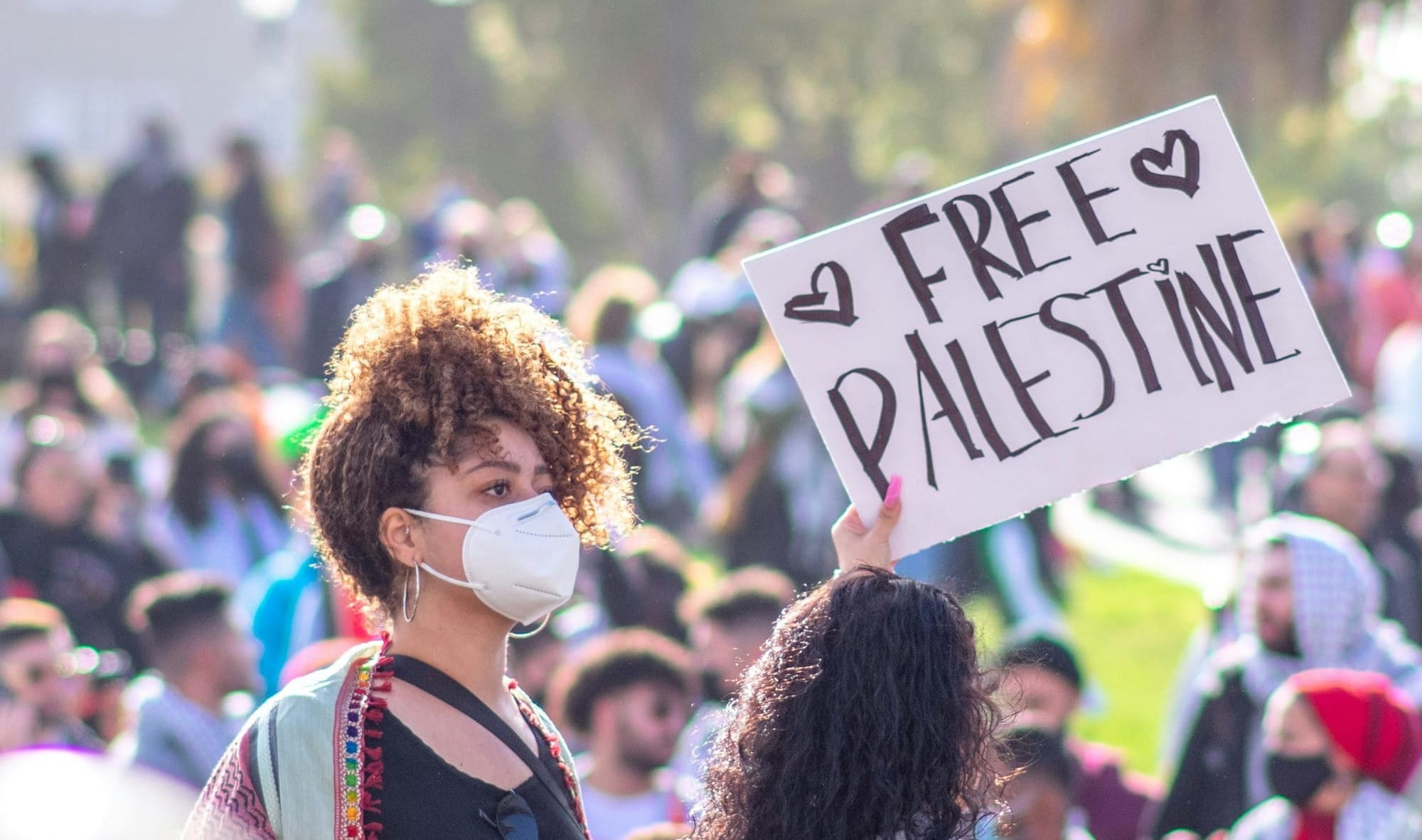UN General Assembly Calls for End to Israeli Occupation in Landmark Resolution
The resolution, passed with 124 votes in favor, 14 against, and 43 abstentions, calls for sanctions on Israel if it fails to comply
In a pivotal moment for the Israeli-Palestinian conflict, the United Nations General Assembly voted overwhelmingly on Wednesday to demand the end of Israel’s occupation of Palestinian territories within 12 months. The resolution, passed with 124 votes in favor, 14 against, and 43 abstentions, calls for sanctions on Israel if it fails to comply, marking a significant escalation in international pressure.
The non-binding resolution follows an advisory opinion from the International Court of Justice (ICJ), which ruled the occupation, ongoing since 1967, as unlawful. Palestinian representatives have hailed the vote as a “turning point” in their decades-long struggle for statehood. “This sends a clear message that Israel’s occupation must end, and the Palestinian people’s right to self-determination must be realized,” said Palestinian ambassador Riyad Mansour after the vote.
A Divisive Outcome
While seen as a diplomatic victory for the Palestinian delegation, the resolution has deepened divides in the international community. Israel condemned the vote, with its Foreign Ministry spokesperson, Oren Marmorstein, calling the decision “distorted” and accusing the UN of encouraging violence. “This is what cynical international politics looks like,” Marmorstein said, arguing that the resolution emboldens extremist groups and undermines prospects for peace.
The United States also voted against the resolution, citing concerns over its failure to address the role of Hamas, the militant group that governs Gaza and is considered a terrorist organization by many countries. “This one-sided resolution does not contribute to a real path forward,” the US delegation stated. “It ignores Israel’s legitimate security concerns and complicates efforts to end the conflict.”
The resolution, introduced by the Palestinian delegation in coordination with Arab states, demands the withdrawal of Israeli forces from the occupied territories, the cessation of new settlements, and the return of seized property to displaced Palestinians. Crucially, it also calls on UN member states to halt arms transfers to Israel if there are “reasonable grounds” to believe they could be used in the occupied territories.
A Symbolic Vote, Tangible Consequences?
The timing of the resolution is significant, coming just weeks before the one-year anniversary of the October 7 Hamas attack on Israel that sparked the current war in Gaza. The conflict has resulted in over 41,000 Palestinian deaths and the displacement of tens of thousands, according to Palestinian authorities in Gaza. Israeli casualties also remain high, with more than 1,200 deaths, including hostages captured during the initial Hamas assault.
The vote also precedes the UN General Assembly’s annual session, where world leaders are set to address pressing global issues, including the Israeli-Palestinian conflict. With the Security Council largely paralyzed on the matter—due to repeated US vetoes—the General Assembly has taken on a more prominent role in pushing for international action. While the Assembly’s resolutions carry no legal enforcement power, they reflect broad international sentiment and can influence diplomatic initiatives.
Arab nations, led by Qatar and the Gulf Cooperation Council, praised the vote as a crucial step toward Palestinian sovereignty. “This resolution affirms the justice of the Palestinian cause,” Qatar’s Foreign Ministry stated, while Gulf Cooperation Council Secretary-General Jasem Mohamed al-Budaiwi called it “a clear message that the international community stands with the Palestinian people.”
Global Reactions: A New Diplomatic Reality?
The vote has exposed deep rifts within international diplomacy on the conflict. While European Union foreign policy chief Josep Borrell endorsed the resolution, affirming the EU’s commitment to a two-state solution, many EU member states, including Hungary and the Czech Republic, voted against it, reflecting divergent views on Israel’s actions.
For Palestinian representatives, the resolution is a validation of their long-held demands for an independent state with East Jerusalem as its capital. Mansour, addressing the General Assembly before the vote, said, “The Palestinian people want to live, not just survive. This vote brings us one step closer to that reality.”
Meanwhile, Israel’s allies argue that the resolution oversimplifies the situation and ignores ongoing security threats. Israeli ambassador Danny Danon slammed the vote as “diplomatic terrorism,” accusing the UN of siding with the Palestinian Authority while ignoring the atrocities committed by Hamas. “Instead of condemning Hamas for the massacre on October 7, the General Assembly is playing into the hands of those who seek Israel’s destruction,” Danon said.
What’s Next?
As the resolution’s 12-month deadline approaches, attention will shift to Israel’s response and the possibility of sanctions for non-compliance. Despite its non-binding nature, the resolution has raised questions about the international community’s willingness to enforce consequences should Israel refuse to withdraw.
Hamas welcomed the vote, viewing it as an endorsement of the Palestinian cause. “The international community has recognized our struggle,” a Hamas spokesperson said, adding that the resolution underscores the need for continued resistance. However, the ongoing conflict between Hamas and Israel complicates the prospects for peace and raises doubts about whether the resolution will bring any immediate change on the ground.
The General Assembly’s decision comes against the backdrop of growing global frustration with the status quo. Human rights organizations, including Amnesty International and Human Rights Watch, have called for an end to Israel’s occupation, citing systematic human rights abuses. “Israel’s 57-year occupation must not continue,” said Agnes Callamard, Secretary-General of Amnesty International. “This resolution makes it clear that the international community will no longer tolerate the injustice and suffering imposed on the Palestinian people.”
Conclusion
While the resolution represents a symbolic victory for Palestinians, its practical implications remain uncertain. Israel has already rejected the resolution, and with no enforcement mechanisms in place, the international community may struggle to compel compliance. Yet, for Palestinians, the vote is a rare diplomatic win and a signal that the world is paying attention. Whether this translates into concrete action remains to be seen, but the resolution has undoubtedly raised the stakes in the ongoing conflict, making the next 12 months a critical period in the pursuit of peace.






